How can crooked teeth affect your bite?
Crooked teeth, also known as malocclusion, refers to teeth that are not properly aligned or positioned in the mouth. This can include teeth that are crowded, overlapping, rotated, or protruding. Crooked teeth can be caused by a variety of factors, including genetics, jaw size and shape, and habits such as thumb-sucking or mouth-breathing.
How can crooked teeth affect your health?
Crooked teeth can have a number of negative effects on oral health, including:
- Difficulty cleaning teeth: Crooked teeth can make it more difficult to properly clean teeth and gums, which can lead to tooth decay and gum disease.
- Uneven wear and tear: Crooked teeth can cause uneven wear and tear on teeth, which can lead to chips, cracks, and other damage.
- Speech problems: Severe cases of malocclusion can cause speech problems, such as lisping or difficulty pronouncing certain words.
- Self-consciousness: Crooked teeth can cause self-consciousness and embarrassment, leading to decreased self-esteem and social anxiety.
Fortunately, there are a variety of orthodontic treatments available to correct crooked teeth, including traditional braces, clear aligners, and other specialized appliances. It is important to consult with a qualified dentist at Southampton Aesthetic Dentistry to determine the best treatment plan based on individual needs and circumstances.
How do crooked teeth affect your bite
Crooked teeth can have a significant impact on your bite, or the way your upper and lower teeth fit together when you close your mouth. Malocclusion, or crooked teeth, can cause a variety of bite problems, including:
- Overbite: An overbite occurs when the upper front teeth overlap the lower front teeth excessively. This can cause the lower jaw to be pushed back and affect the appearance of the face.
- Underbite: An underbite occurs when the lower front teeth overlap the upper front teeth. This can cause the lower jaw to protrude and affect the appearance of the face.
- Crossbite: A crossbite occurs when the upper teeth fit inside the lower teeth when the bite is closed. This can cause the jaw to shift to one side, leading to discomfort and potential damage to teeth.
- Open bite: An open bite occurs when the upper and lower teeth do not meet when the mouth is closed. This can cause difficulty biting and chewing, speech problems, and jaw pain.
These bite problems can cause a range of issues, including difficulty chewing and speaking, jaw pain and discomfort, increased risk of tooth decay and gum disease, and uneven wear and tear on teeth. In severe cases, bite problems can even affect the appearance of the face.
What happens if you don’t fix your bite?
If you don’t fix your bite, or malocclusion, it can lead to a number of negative consequences. Here are some of the potential issues that can arise if malocclusion is left untreated:
- Difficulty eating and speaking: Depending on the severity of the bite problem, it can be difficult to bite, chew, or speak properly, leading to discomfort and reduced quality of life.
- Tooth damage: A misaligned bite can put undue pressure on certain teeth, leading to uneven wear and tear, chips, cracks, or even tooth loss.
- Jaw pain: A bite problem can put strain on the jaw muscles and joints, leading to pain and discomfort in the jaw, face, or neck.
- Gum disease and tooth decay: Crooked or crowded teeth can be harder to clean properly, leading to an increased risk of gum disease and tooth decay.
- Self-consciousness: Malocclusion can affect the appearance of the smile, leading to self-consciousness and low self-esteem.
- Sleep apnea and breathing problems: In some cases, a bite problem can affect breathing and contribute to sleep apnea or other breathing problems.
Fortunately, orthodontic treatment can often correct these bite problems by moving the teeth into proper alignment. It is important to consult with an orthodontist to determine the best course of treatment of crooked teeth at Southampton Aesthetic Dentistry based on individual needs and circumstances.

